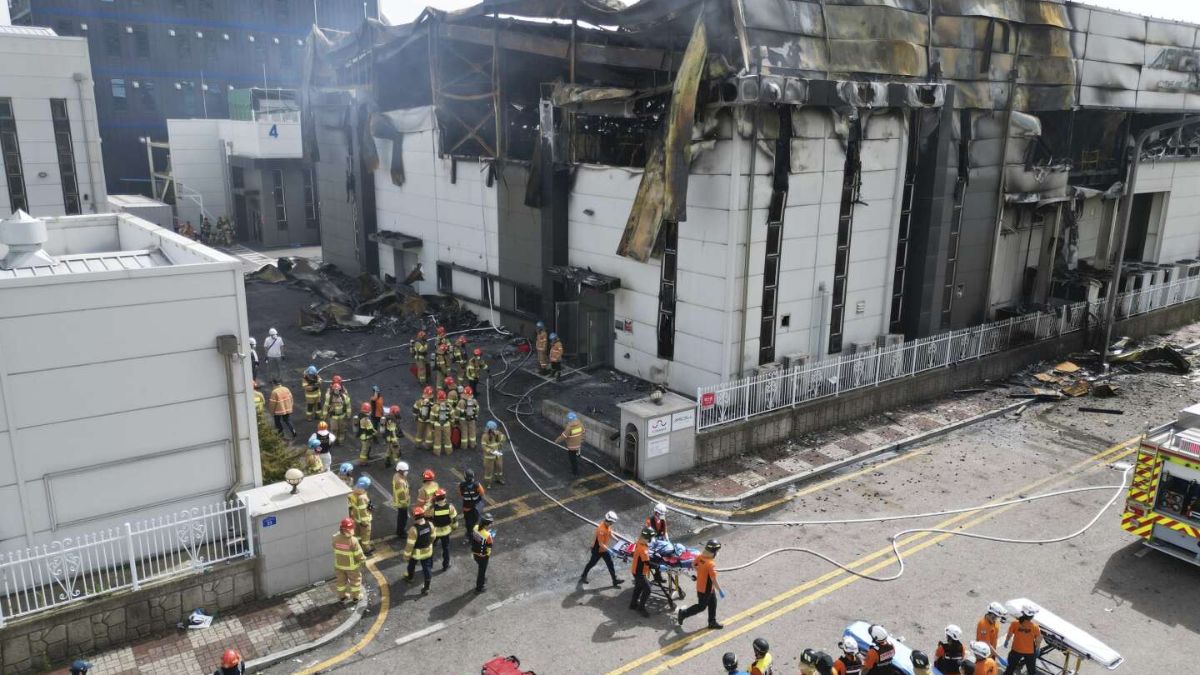The Ministry of Labor in South Korea has announced a series of enhanced safety regulations and support measures aimed at protecting foreign workers in the country’s manufacturing sector. This move comes in response to a devastating fire at the Aricell lithium battery factory in Hwaseong, Gyeonggi Province, which claimed the lives of 23 workers, including 18 foreign nationals.
The new safety regulations, introduced in the aftermath of the tragedy, represent a significant overhaul of existing labour policies, particularly focusing on the protection of foreign employees. These regulations will see an increase in the rate of safety management expenses paid by companies to contractors, with an average rise of 19%. This adjustment marks the first change in a decade and is intended to enhance safety conditions at construction and manufacturing sites.
To ensure stricter adherence to safety standards, the Ministry of Labor has also proposed the introduction of a consultation program for industrial sites that fail to meet safety criteria. This program will mandate interviews with company heads and include follow-up inspections to ensure compliance. Additionally, the Korea Risk Assessment System (KRAS) will be updated to accommodate online testing for small businesses, with the ministry considering raising certification criteria for companies with a history of serious accidents.
Foreign workers, who make up a significant portion of the workforce in South Korea’s small manufacturing facilities, are particularly vulnerable to industrial accidents. In 2023, they accounted for 10.5% of all workplace fatalities, despite representing a smaller proportion of the workforce. The ministry’s data highlights that foreign workers are 1.4 times more likely to be involved in fatal industrial accidents compared to their Korean counterparts.
As part of the new measures, the government plans to amend the Occupational Safety and Health Act to require foreign employees to receive basic occupational safety education tailored to their profession. This will include improved translation of safety instructions and the introduction of virtual reality training programs designed to prevent accidents.
The Ministry of Labor’s investigation into the Aricell incident revealed multiple violations of safety regulations, including the improper installation of emergency exits and a lack of essential safety equipment. While judicial action has been taken against the company, the investigation into potential illegal employment practices at Aricell is ongoing.

